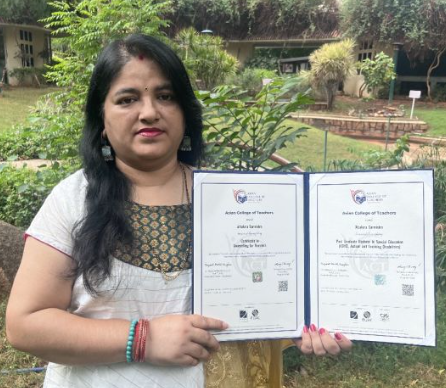COMMUNITY HEALTH ASSESSMENTS: DATA COLLECTION AND ANALYSIS FOR TARGETED CARE
Abstract
Community Health Assessments (CHA) play a pivotal role in understanding and improving public health by systematically identifying health status, needs, and resources within a population. This chapter provides a comprehensive overview of CHA, including its historical evolution, key components, and modern relevance. CHA incorporates population health data, social determinants of health (SDOH), community assets, and health disparities to formulate targeted interventions. The process involves diverse stakeholders, ensuring a holistic approach to health planning. The chapter highlights essential data collection methods, including primary and secondary data sources, digital health technologies, and community-based participatory research (CBPR). By integrating these methods, CHA provides evidence-based insights to address community-specific health concerns, optimize resource allocation, and advance health equity. Furthermore, CHA informs policy-making and program development, enabling healthcare systems to deliver more efficient and equitable services. Addressing health disparities and leveraging community assets remain critical for successful CHA implementation. In conclusion, CHA serves as a foundational tool for improving community health outcomes, fostering collaboration, and enhancing healthcare accessibility. The adoption of advanced data collection techniques and interdisciplinary approaches strengthens CHA’s impact in modern healthcare settings, making it indispensable for public health planning and intervention strategies.









